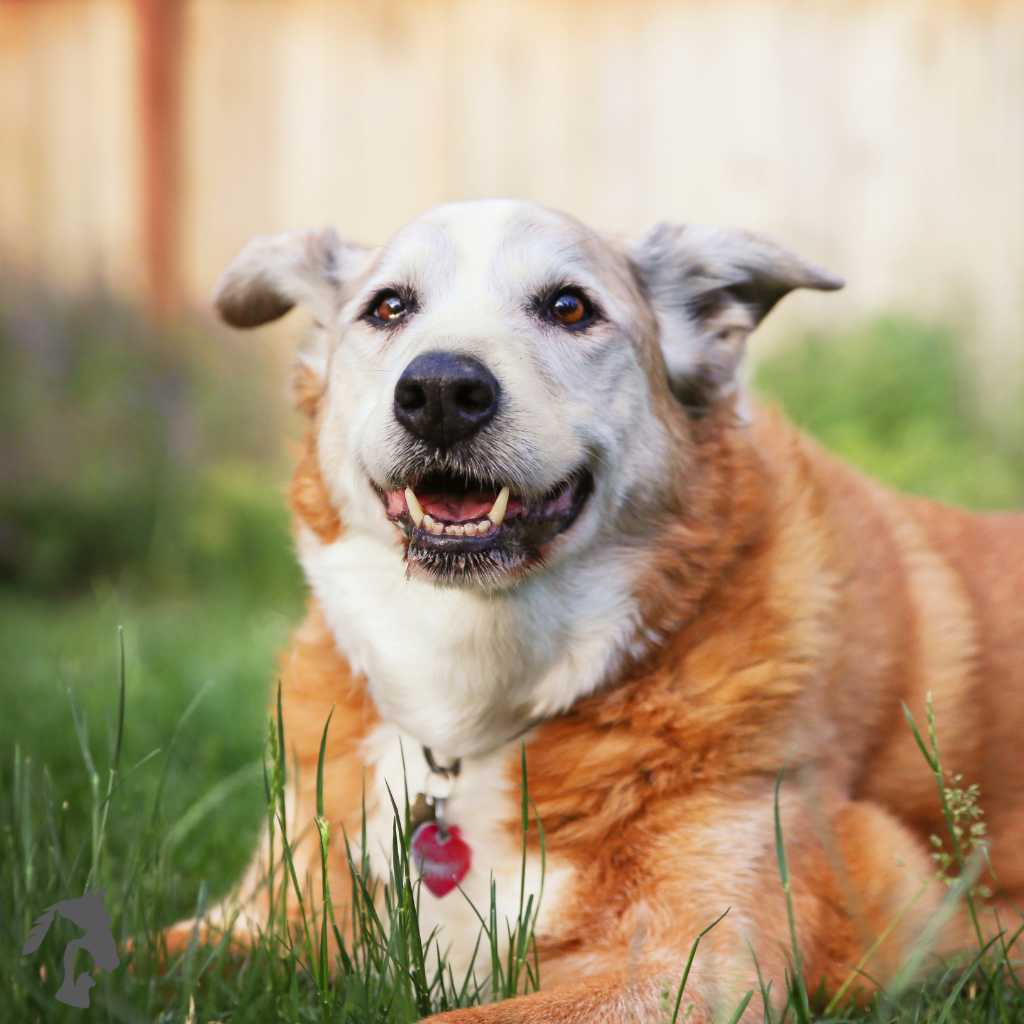Is it Arthritis or Degenerative Joint Disease? Are they different? Or the same thing just different names? In this video veterinarian Dr Glenn discusses exactly what exactly they are and what causes these diseases in dogs.


Just like people, dogs often encounter common joint issues such as arthritis, degenerative joint disease, and injuries, which can significantly impact their quality of life. As responsible dog owners, it becomes imperative for us to take proactive measures to maintain our furry friends’ joint health, ensuring they lead happy, healthy, and prolonged lives. We have compiled a list of products & resources to help you keep the spring in your canine companion's step.
Just like people, dogs often encounter common joint issues such as arthritis, degenerative joint disease, and injuries, which can significantly impact their quality of life. As responsible dog owners, it becomes imperative for us to take proactive measures to maintain our furry friends’ joint health, ensuring they lead happy, healthy, and prolonged lives. We have compiled a list of products & resources to help you keep the spring in your canine companion's step.
Is it Arthritis or Degenerative Joint Disease? Are they different? Or the same thing just different names? In this video veterinarian Dr Glenn discusses exactly what exactly they are and what causes these diseases in dogs.
From specialised joint supplements. omega oils, turmeric and veterinary prescription medications. Dr Glenn lets you know the most beneficial ways to use them and how/why a combination of a number of treatment options may be needed.
Arthritis is a common problem in dogs, and it can cause a lot of pain and discomfort. In this video, veterinarian Dr Glenn answers 10 common questions about arthritis in dogs.
While it can vary between breeds, many dogs are considered ‘senior’ by 7 years of age and there can be lots of extra considerations for these most special of friends.
Discover some practical tips for dog owners to help care for their dog’s joints and keep a spring in their step for longer.
Joint injuries in dogs can not only cause problems initially but they can also be detrimental to your dog’s future health by contributing to chronic problems such as arthritis.



